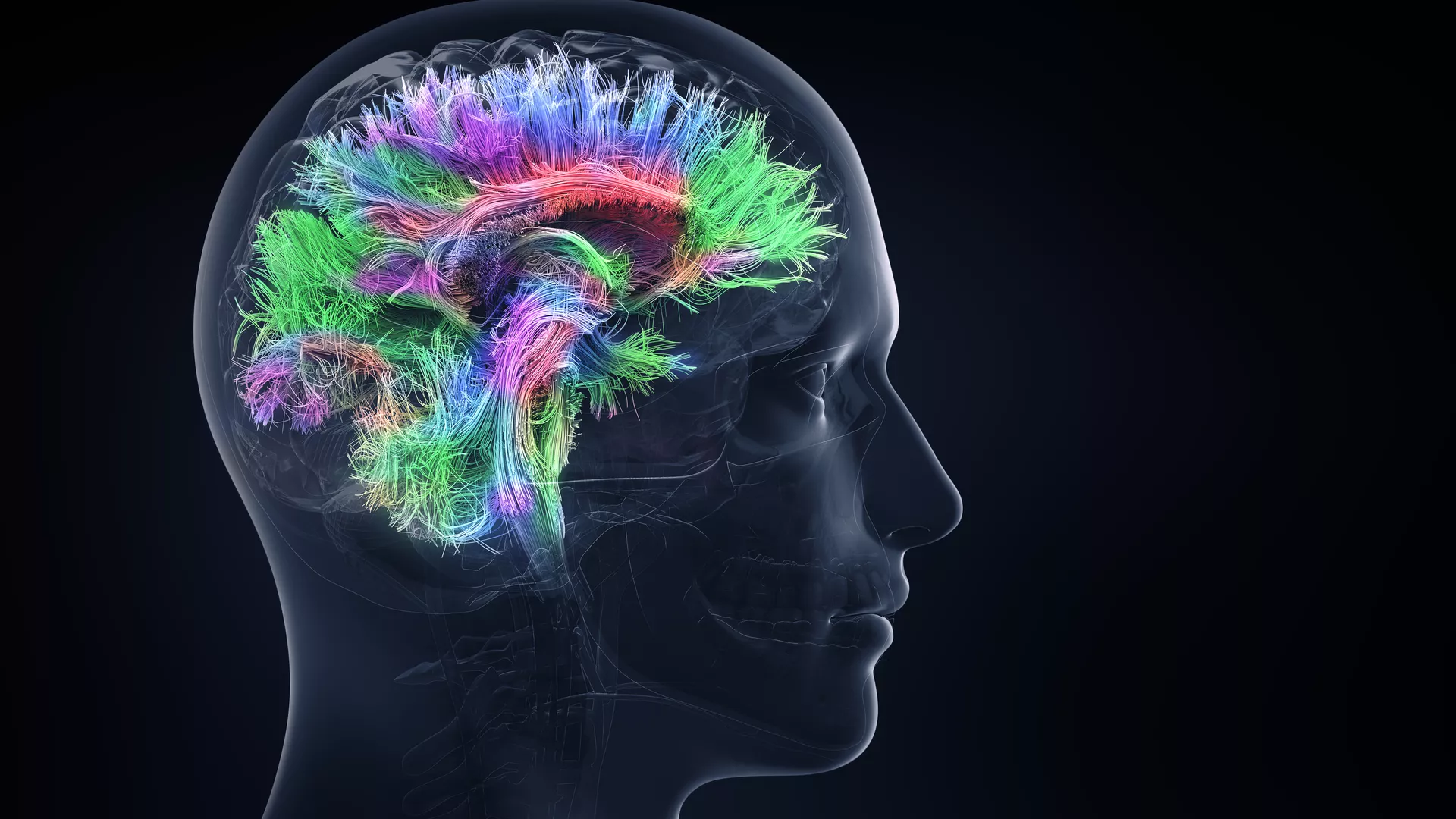Eating disorders are complex illnesses that arise from various factors, yet their precise origins remain unclear. Recent discussions have highlighted that these disorders likely stem from a combination of biological, psychological, and sociocultural influences.
Childhood obesity is increasingly prominent, with one-third of children and teens classified as overweight or obese. Focusing solely on weight can lead to feelings of shame and blame, which may worsen the situation. To combat this, parents can adopt supportive measures to foster healthy habits in their children without emphasizing weight.
It’s essential for parents and caregivers to take responsibility for promoting healthy choices within their family dynamics. Open and supportive communication can significantly impact a child’s self-esteem and relationship with food. Children often respond to the words and attitudes of those around them, and positive reinforcement can guide them toward healthier eating patterns.
Many children may refuse to eat due to physical issues like constipation or abdominal pain. These issues can often be resolved with dietary adjustments or supplements. However, when children lose their appetite due to emotional stress or grief, alternative approaches, including natural remedies, can offer support.
The popularity of specific diets, such as the paleo diet, raises questions about their effectiveness and safety. While some claim these diets are beneficial, scientific evidence remains inconclusive. Similarly, fasting diets have gained traction, but their long-term impact on mental health and eating behaviors is under scrutiny, raising concerns about their similarity to eating disorders.
Mental health plays a pivotal role in how children perceive food and their bodies. Studies indicate that early experiences with food greatly influence dietary habits later in life. For instance, creating a positive food environment can help children develop healthier relationships with food as they grow.
The ‘clean eating’ movement, which emphasizes strict dietary choices, may inadvertently contribute to unhealthy eating patterns driven by perfectionism. Balancing nutritional needs with enjoyment is crucial for a sustainable approach to eating.
Research shows that emotional triggers often lead to unhealthy eating behaviors. Identifying these triggers can empower families to support each other in making healthier food choices. Additionally, societal pressures can distort body image perceptions, particularly among young girls, prompting parents to help their children navigate these challenges.
It is vital for everyone to understand that accepting one’s body can lead to healthier weight management. Encouraging children to embrace their unique selves fosters resilience against societal pressures.
Support systems are essential. Whether through family or external resources, children benefit from a network that encourages healthy lifestyle choices. Parents should be aware that their influence shapes their children’s attitudes toward food and body image.
Finally, discussions about food and body image should include boys, as they, too, face pressures and issues related to diet and self-esteem but may be less likely to seek help. Addressing these topics openly can promote a healthier dialogue about food and mental health, ultimately guiding children toward a balanced and positive approach to eating.



